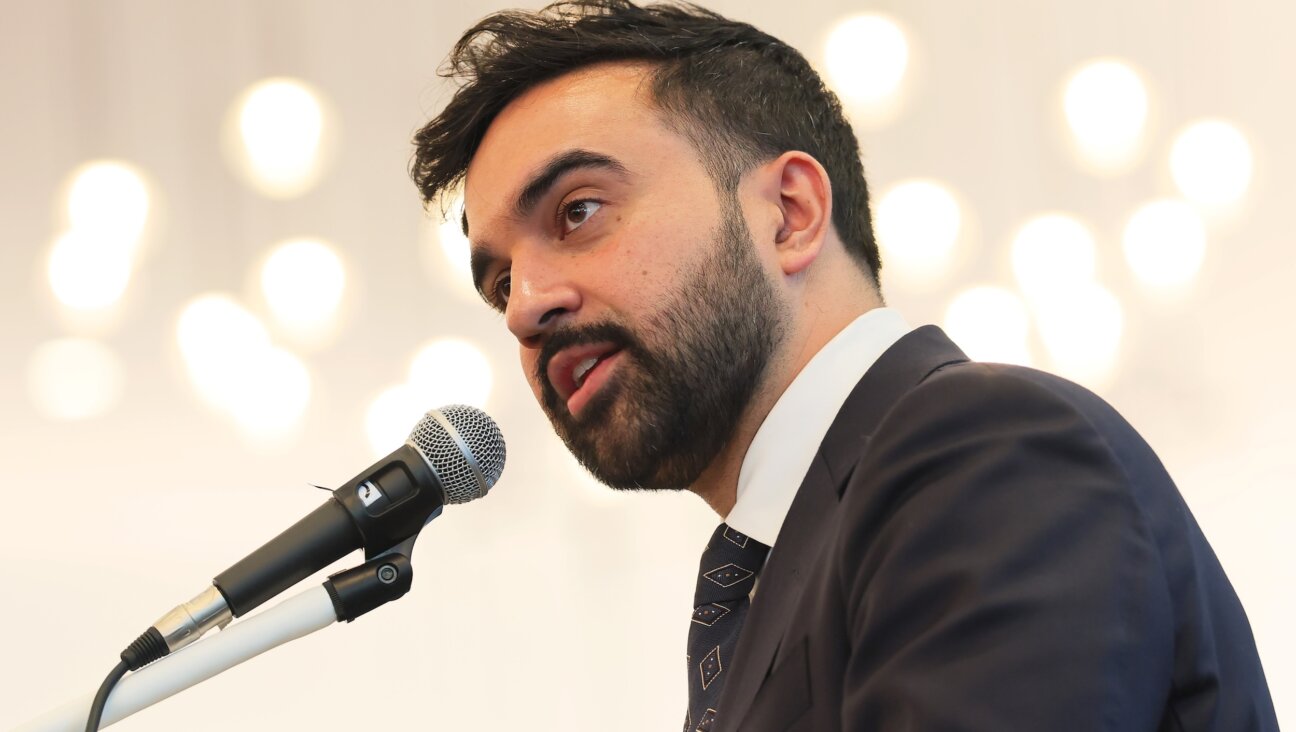Bernie Sanders Slams George Clooney’s ‘Obscene’ Clinton Fundraiser

bernie sanders george clooney Image by Getty
WASHINGTON – Fresh from Democratic presidential primary wins over the weekend in three U.S. states, Bernie Sanders said on Sunday he had political momentum that could help him win the backing of Democratic power brokers in his race against Hillary Clinton.
Sanders easily won nominating contests in Alaska, Washington and Hawaii on Saturday. His latest remarks reflect his plan to chip away at Clinton’s commanding lead in the number of delegates needed to win the party’s nomination for the November election.
Interviewed on Sunday by U.S. broadcasters, Sanders said Democratic “super-delegates,” who can change their allegiance, might face pressure to rally behind him because most polls suggest he has a better chance than Clinton of beating a Republican candidate.
“Momentum is with us,” Sanders, a senator from Vermont, said on CNN’S State of the Union news program. “A lot of these super-delegates may rethink their position with Hillary Clinton.”
Sanders also criticized Clinton’s reliance on wealthy donors to fund her campaign. He cited a fundraising dinner being hosted next month by actor George Clooney, where supporters will have to donate at least $33,400 to attend, or $353,400, nearly seven times the annual median income, if they want “premium” seating.
“It is obscene that Secretary Clinton keeps going to big money people to fund her campaign,” Sanders told CNN. “Our events, we charge $15 or $50 for people to come. So, it’s not a criticism of Clooney. It’s a criticism of a corrupt finance system.”
About 85 percent of the votes at the July 25-28 Democratic National Convention in Philadelphia, where a party nominee will be chosen to face the Republicans in the Nov. 8 election, are being determined by state nominating contests.
The other 15 percent is held by party power brokers who are free to vote as they like, meaning they could hold the key in a tight contest. Super-delegates include party leaders and elected senators, members of the U.S. Congress and governors.
After Saturday’s contests, the former secretary of state led Sanders by just under 300 pledged delegates in the race for the 2,382 needed to be nominated.
Adding in the support of super-delegates, which the party created in the early 1980s to give leaders more control over the nominating process, Clinton had 1,712 delegates to 1,004 for Sanders, according to a tally by RealClearPolitics.com.
The U.S. senator from Vermont needs to win up to two-thirds of the remaining delegates to catch Clinton, who will keep piling up delegates even when she loses under a Democratic Party system that awards them proportionally in all states.
Sanders is turning his attention to his native New York, where Democratic voters will divide up 247 delegates on April 19th. His campaign manager on Sunday wrote a letter to Clinton’s manager insisting that a planned televised debate between the candidates in April be held in the state, which Clinton represented as a U.S. senator for eight years. Jeff Weaver said in the letter that the Clinton campaign had resisted holding the debate in New York.
“Is the Secretary concerned about debating before the people who twice elected her to the U.S. Senate?” Weaver wrote.
Spokesmen for Clinton did not respond to requests for comment. — Reuters














